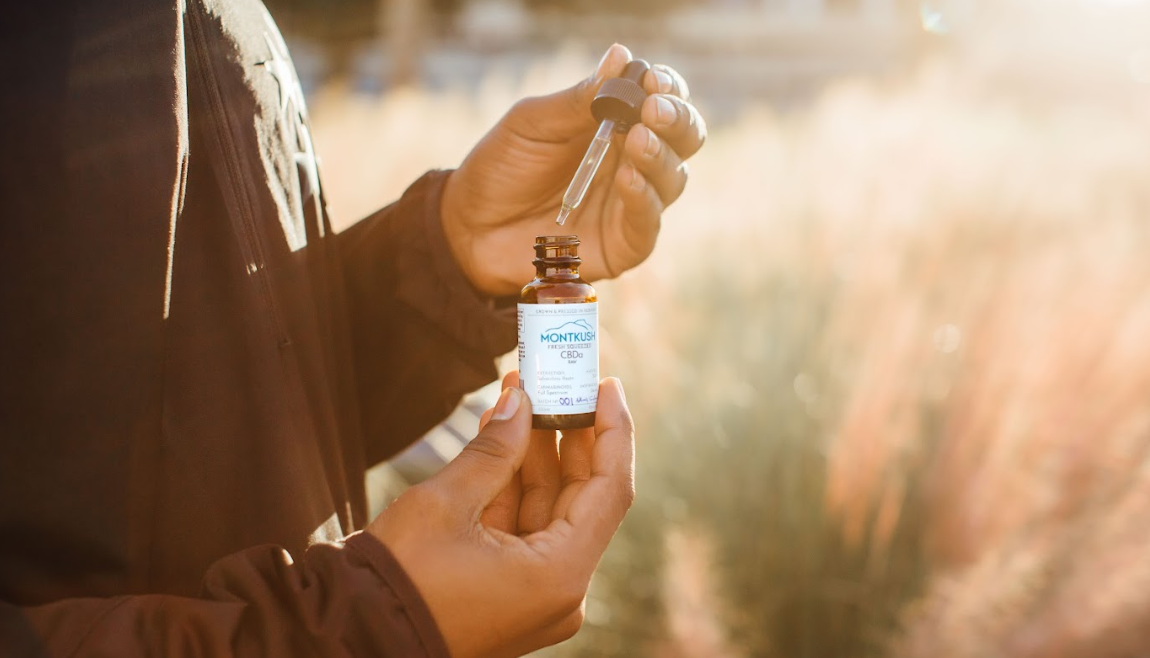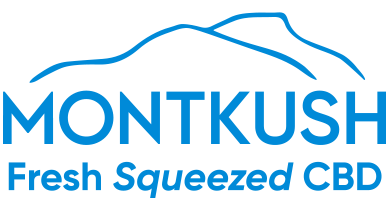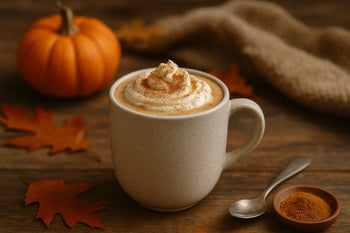

Table of Contents
CBD oil is everywhere these days—from your local grocery store to fancy wellness boutiques. But with the explosion of options, how do you know what’s actually worth buying and what’s just glorified snake oil? If you're looking for high-quality CBD oil that actually delivers results (instead of just draining your wallet), you’re in the right place.
This guide will walk you through everything you need to know to separate the best CBD oils from the duds. We’re talking sourcing, extraction methods, lab testing, ingredients, and more—so you can shop with confidence and avoid getting ripped off. Let’s dive in.
Key Takeaways:
Check the source of hemp – U.S. or EU-grown, organic, and non-GMO is best.
Prioritize CO2 extraction – Ensures purity and potency without harmful residues.
Demand third-party lab testing – Always verify Certificates of Analysis (COAs).
Understand CBD types – Full-spectrum, broad-spectrum, or isolate—know what you need.
Watch for unnecessary ingredients – Stick to simple, clean formulations.
Ensure legal THC levels – No more than 0.3% to stay compliant.
Buy from reputable brands – Transparency and good customer reviews matter.
Know your CBD types – Full-spectrum, broad-spectrum, or isolate? Choose based on your needs and THC tolerance.
Key Factors to Consider When Buying CBD Oil
Choosing the right CBD oil isn’t just about grabbing the first bottle with a sleek label and a trendy buzzword slapped on it. There are a lot of factors at play, and missing even one could mean you end up with an ineffective or even unsafe product. The CBD industry is still like the Wild West in many ways, with some companies cutting corners, making misleading claims, or straight-up selling junk.
So, how do you make sure you’re getting actual high-quality CBD oil and not an overpriced placebo? Simple: follow these key factors. By understanding where the hemp comes from, how the CBD is extracted, and what should (and shouldn't) be in the bottle, you’ll be able to pick a product that delivers real benefits—without any nasty surprises.
Type of CBD Oil: Full-Spectrum, Broad-Spectrum, or Isolate?
Before you even start looking at brands, you need to understand the different types of CBD oil available:
Full-Spectrum CBD oil: Contains all cannabinoids, including trace amounts of THC (up to 0.3%), along with terpenes and flavonoids for the entourage effect.
Broad-Spectrum CBD oil: Like full-spectrum but with the THC removed, making it a great option if you want the benefits of multiple cannabinoids without any THC, especially for chronic pain relief.
CBD Isolate: The purest form of CBD with no other cannabinoids or compounds—ideal if you want to avoid THC entirely.
Choosing the right type depends on your needs. If you’re looking for the most potent effects, full-spectrum might be your best bet. But if you’re avoiding THC for legal or personal reasons, stick to broad-spectrum or isolate .
Source of the Hemp
If you care about what’s in your CBD oil (which you should), you need to start with the hemp itself. Where and how the hemp is grown makes a huge difference in quality.
U.S. and EU-grown hemp is the gold standard because of strict farming regulations. You don’t want mystery hemp from unregulated sources—because who knows what’s in it?
Organic, non-GMO hemp is the way to go. No pesticides, no harmful chemicals—just clean, pure hemp.
👉 Montkush sources its hemp from the U.S., ensuring the highest quality and compliance with safety standards.
Extraction Methods
How CBD is extracted from hemp plant affects its purity and potency. The best method? CO2 extraction. Here’s why:
Preserves more cannabinoids and terpenes (so you get maximum benefits).
Leaves zero harmful residues (unlike solvent-based methods using butane or propane—yikes!).
Eco-friendly and safe for both you and the planet.
Avoid any CBD oil extracted with questionable solvents. If the brand isn’t transparent about its extraction method, that’s a red flag.
👉 Montkush uses CO2 extraction from the cannabis plant, so you’re getting clean, potent CBD oil every time.
Third-Party Lab Testing: No Certificate? No Thanks.
If a CBD brand doesn’t provide third-party lab reports, run. Lab testing is essential for verifying what’s actually in the bottle.
Lab reports (Certificates of Analysis or COAs) confirm:
The exact amount of CBD and other cannabinoids.
The absence of contaminants like heavy metals, pesticides, and solvents.
Whether the product contains any unwanted additives or residual solvents.
That the THC content stays within legal limits.
How to check lab reports:
Reputable brands display them clearly on their website. If you're shopping in person, ask to see the COA.
Look for a batch number that matches the product label.
Ensure the lab is independent and accredited—no shady in-house testing.
Check for a full panel test, not just cannabinoid content. A full panel includes screenings for pesticides, heavy metals, mold, and residual solvents .
👉 Montkush provides third-party lab reports on all its products, so you know exactly what you're getting.
THC Content
According to the Food and Drug Administration, the legal limit for THC in CBD products is 0.3% in the U.S. Anything higher? That’s illegal at the federal level, and it could make you fail a drug test.
Always check the label and lab reports for THC content.
If you want to avoid THC altogether, look for broad-spectrum or CBD isolate products .
👉 Montkush’s CBD oil stays within legal THC limits, so you won’t get any surprises.
Ingredients
A high-quality CBD oil doesn’t need a long ingredient list. The best ones contain:
CBD extract (obviously).
A carrier oil (like MCT oil, which helps absorption).
Natural flavors (optional) —but skip artificial junk.
Avoid CBD oils with unnecessary additives, synthetic fillers, or questionable flavoring agents.
👉 Montkush keeps it clean with pure ingredients and no weird fillers.
Where Can I Buy CBD Oil?
Now that you know what to look for, where should you actually buy CBD oil? Let’s break it down:

Online Stores
Buying online is usually the best bet because:
You get access to lab reports and customer reviews.
There’s a wider selection of products.
Prices tend to be better than brick-and-mortar stores.
Red Flags to Avoid Online:
No lab reports (we already talked about why this is a deal-breaker).
Suspiciously low prices (good CBD isn’t cheap, and cheap CBD isn’t good).
Over-the-top health claims (CBD is amazing, but it’s not a miracle cure for everything).
Local Retail Stores
Buying CBD in-person has its perks:
Immediate access—no waiting for shipping.
You can ask staff questions (though some stores aren’t super knowledgeable).
The downside?
Limited selection.
Possible lack of transparency on sourcing and testing.
Signs of High-Quality CBD Oil
Still feeling unsure? Here’s a quick checklist to separate the good from the bad:
Clear labeling with CBD content and ingredients.
Positive customer reviews (check independent review sites, not just the brand’s website).
Money-back guarantee (confident brands stand behind their products).
Responsive customer service —if they ghost you, they don’t deserve your money.
Common Mistakes to Avoid When Buying CBD Oil
Even the smartest shoppers can get duped. Don’t make these rookie mistakes:
Falling for cheap, low-quality products – If the price seems too good to be true, it probably is. Quality CBD oil requires proper sourcing, extraction, and testing, which isn’t cheap.
Skipping lab reports – If a brand doesn’t offer third-party lab testing, that’s a red flag. No COA? No purchase.
Ignoring the ingredient list – Some brands sneak in unnecessary additives, synthetic flavors, or even harmful fillers. Stick with simple, clean ingredients.
Choosing the wrong type of CBD – Not all CBD oils are the same. Make sure you understand the differences between full-spectrum, broad-spectrum, and isolate before buying.
Trusting over-the-top health claims – CBD is amazing, but it’s not a magic cure-all. Be wary of brands that promise unrealistic benefits.
Making an Informed Choice
Choosing the best CBD oil doesn’t have to be overwhelming. By focusing on high-quality sourcing, clean extraction methods, third-party lab testing, and simple, transparent ingredients, you can find quality CBD oil for your needs. Avoid common mistakes, read the labels, and don’t fall for misleading marketing tactics. Whether you’re new to CBD or a seasoned user, making an informed purchase will ensure you get the best possible experience.
When in doubt, choose a reputable brand like Montkush that checks all the right boxes.
FAQs
How do I know if CBD oil is safe to use?
Look for third-party lab reports that confirm the product is free from pesticides, heavy metals, and residual solvents. Choose brands that source organic, non-GMO hemp and use CO2 extraction for the cleanest oil possible. If a brand isn't transparent about its testing process, it's best to steer clear.
How much CBD oil should I take as a beginner?
Start low and slow. A general rule of thumb is to begin with 10-20mg per day and gradually increase as needed. Your ideal dosage depends on factors like body weight, metabolism, and the effects you’re looking for. Monitor how your body responds and adjust accordingly.
Why is quality CBD oil more expensive?
Quality CBD oil isn't cheap because producing it properly takes time and resources. Organic hemp farming, CO2 extraction, third-party testing, and quality control all contribute to the cost. If you find CBD oil that seems too cheap, it likely cuts corners—either in hemp quality, extraction methods, or testing.


